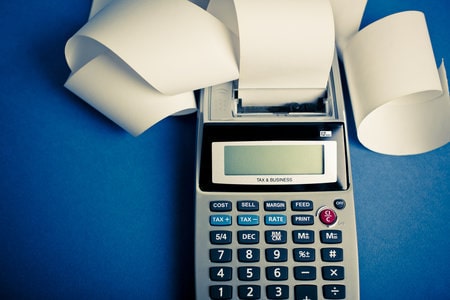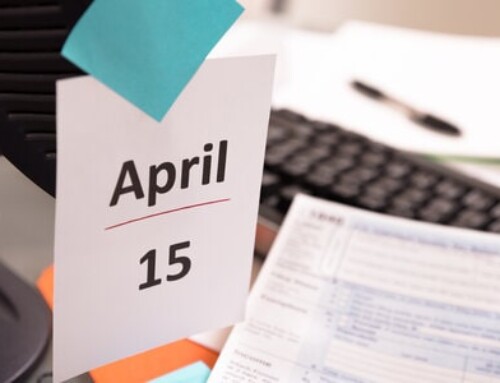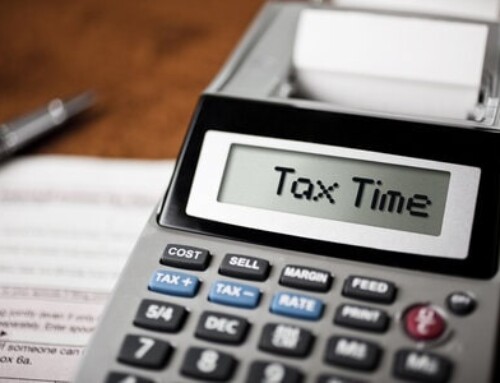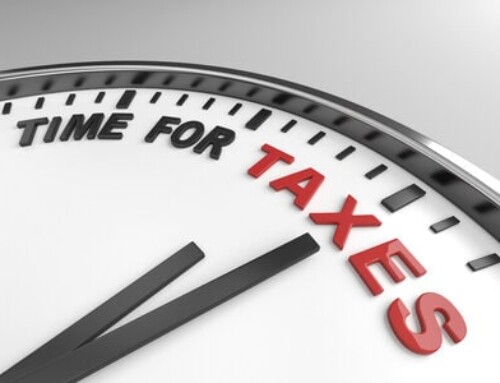 Taxation of Your Side Job
Taxation of Your Side Job
The opportunities to make money on the side seem endless. You may use an app like Uber, Lyft or Airbnb or you run your own business on the side. Whatever you do, it is important that you understand the taxation of your side job. Not preparing and having a proper understanding of the taxation could end up costing you. In this article, we will go over six important things that you should know about the taxation of your side job.
1. Report All Income
You may receive a W-2, a 1099-MISC, or money paid directly to your business. It doesn’t matter where the money comes from, if you earned it, it must be reported on your taxes.
2. Business Versus Hobby
How you report it will depend on how you made it. The IRS has two classifications-hobby and income. Business income would include 1099 income and any income you made as a sole proprietor. Hobby income is when you receive money from participating in a hobby. Hobby income is put on Line 21 of your tax return. It does not incur a self-employment tax. It can be offset by deductions, but the deductions you take cannot exceed the income that was made. Business income is put on a form of Schedule C. It does incur self-employment tax. Business income can be offset by deductions and deductions can be carried forwards or backward.
The IRS uses two main factors when determining whether something is business or hobby income. They are:
- Whether you expect to make money. (If you do it is business income.)
- Whether you are actually making money. (If you are then it likely to be classified as business income.)
If you are unsure which type of income you are making you will want to look more into the qualifications and talk with a qualified tax professional.
3. Keep Detailed Records
Your records are how you prove your income and expenses to the IRS. Because of this, it is very important that you keep accurate records. You will want to save invoices and document all income. If you work hourly, you will also want to keep a log of your time. For all of your expenses, you will need to keep receipts and keep track of what those expenses are for. You should keep all of these documents for several years.
4. Pro-Rate Expenses
You may have certain items that you use for both business and personal reasons. This may include things like your cell phone, the internet, or your car. In this instance, you can typically deduct the business portion of the expense. For example, if 40% of your cell phone usage is for business expenses, you could deduct 40% of the expenses for business reasons. If you plan on doing this it is important that you keep detailed records to log your usage.
5. Make Estimated Tax Payments
If your side job ends up being very profitable and you are generating a significant amount, you will need to plan ahead. If you think that you will end up owing a $1,000 or more in taxes you should make estimated tax payments. Failing to make these payments can subject you to additional penalties.
6. Meet With a Qualified Tax Professional
A qualified tax professional will help you to correctly report your income and deductions on your return. They can also show you ways to save on your taxes and give you tips on how to better your tax standing for future years.
Conclusion
Whatever you do to earn money on the side, it is always important to keep in mind the taxation of your side job. Apply the suggestions in this article and you can handle your taxation successfully.






Leave A Comment
You must be logged in to post a comment.